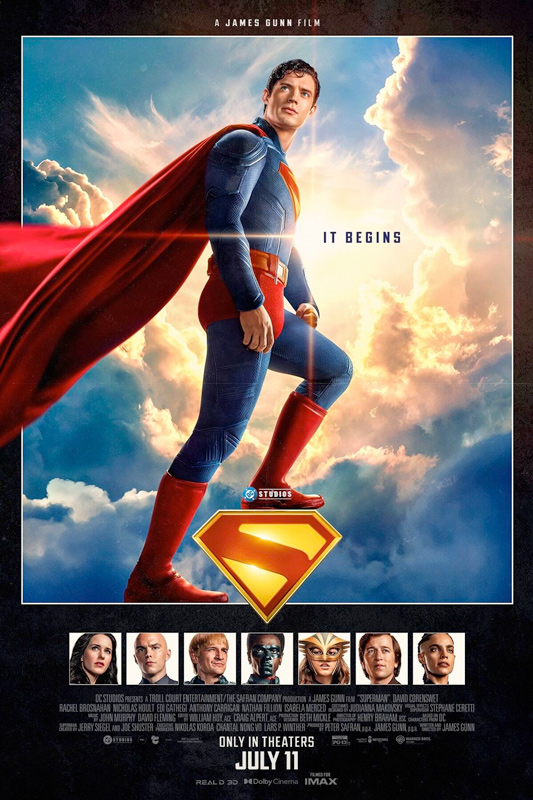
James Gunn’s Superman represents the first theatrical release in the new DC Studios Universe. Did you think the film succeeded in creating a new cinematic canvas for the DC mythos?
Michael A. Burstein: I think the opening text sets the stage perfectly for a new cinematic universe. And to some extent, that surprised me. I felt as if DC rushed too quickly last time to catch up with Marvel; as I recall, after Man of Steel they had planned for a solo Batman movie but then quickly changed their mind, brought Superman in, and then tried to go right to a full Justice League. At the time, I really thought they needed to set up their individual superheroes, well, individually. But this time around, I had no issue with seeing all the other heroes who were already part of the world.
Peter Briggs: A cinematic canvas? Well, you know. This is an odd one. The Marvel Universe is run by Kevin Feige. But Feige doesn’t write or direct the movies and shows. James Gunn has done Suicide Squad, Creature Commandos, Peacemaker…and now he’s both running DC’s media arm, and writing and directing. And his sensibility is…specifically skewed. So, I’d say this canvas more accurately reflects James Gunn’s sensibilities. And much the same way that the Roman Emperors had somebody beside them to quietly whisper in their ears “You are not a God” in their Victory Parades, I feel that a Third Party telling James to “rein it in” sometimes, might not be the worst idea .
Will McGuire: I thought the film did an excellent job at not only presenting an interconnected DC Universe, but also a world and people who have taken the concept of superheroes for granted. Not only did it have the now requisite teasers and cameos but it got comedic mileage out of how routine the crises of the DC Universe must be to the people of Metropolis. I particularly enjoyed the cable news headline: “METAHUMANS KILL THING”; Superman and Lois sharing an important moment against the backdrop of the Justice Gang fighting a giant multi-colored threat that doesn’t warrant his attention; and how costumed heroes are engaged like media personalities. It promised a universe that is not just a copy of what the MCU executed, but could engage with its material in different ways.
I also think Gunn’s idiosyncratic approach is probably what the genre needs right now, because audience fatigue has been pronounced since Endgame, and they need to find new angles to engage people with material. It’s a bit like how spaghetti westerns needed to become either surreal epics or comedies after The Good, the Bad, and the Ugly because a straight take on the genre wasn’t cutting it anymore.
Alex Grand: Yes, absolutely. This film was a world builder. Some criticize it for diluting Superman by adding too many characters, but I don’t think so. By contrasting Superman with others in the universe and having a variety of superheroes and villains, it established DCU as colorful and rich more vibrant adventure to follow. Each hero had their own defined personality, and I want to see more, and meet more of them.
Robert Greenberger: Creature Commandos and Peacemaker really started the universe, two very different corners of this new reality. I think James Gunn was wise to do it with live-action and animated series since they were lower stakes, priming the audience for the first feature film. Then we get the crawl setting up the mythos and everything starts to fall into place.
Jon Bogdanove: I agree with Bob. Creature Commandos and Peacemaker were like a “soft open” for the universe. However, Superman is the big bang—the official launch, the Grand Opening. The fact that Gunn chose Superman and not Batman for that does a beautiful job of setting tone and intention. It also serves notice upon fandom and the audience in general that the Gunnverse is going in a new direction!
Jerry Ordway: I think the film sets Superman firmly in a place it hasn’t been since Superman: The Movie, in 1978. His DCU (The Suicide Squad, Creature Commandos, and Peacemaker) has been crazy, vulgar, and also kind of heartwarming. Superman isn’t vulgar, but it is heartwarming and a bit crazy. I like that he is setting up his version as a contrast to darker heroes, right out of the gate. When his Batman debuts, I expect we will see them at odds in the way they handle problems.
Lenny Schwartz: I love the setup of the new cinematic universe. It gives us just enough of the world beyond this film. And I appreciate that. I also appreciate that there doesn’t seem to be an overwhelming and “multiple film spanning” storyline happening right away. The movie exists and stands on its own and you can watch it as a singular experience, rather than getting bits of other films.
Dan Jurgens: Yes, the film definitely succeeded in creating the setting for the expansion of the DC Universe. Neither Creature Commandos or Peacemaker were perceived by the larger public to even be part of the Superman universe.
However, by pulling Guy Gardner, Hawkgirl, and Mr. Terrific into the movie, as well as Peacemaker, the DCU brand certainly became more expansive. Gunn’s mission, which was to both make a good movie, as well as launch the wider universe, succeeded.
And, for what it’s worth, I just returned from San Diego Comic-Con where I saw more Superman t-shirts in the crowds than any year since 1993. Those shirts also eclipsed the number of Batman, FF, Spidey, and any other comic property, which is a definite rarity.

Screen capture via: weareiowa.com
Peter Briggs: Oh, I dunno, Dan. I’ve got two shirts with the new Superman logo (thanks, Warner Brothers!), and wore one to my first day Superman screening, but I failed to get a decent Fantastic Four shirt in time for that opening day. (And I liked Fantastic Four way more.)
Vito Delsante: I think, if anything, it created the POTENTIAL of a new cinematic universe which, for me, is enough to keep my interest and hopes going. It worked, on so many levels, and because of that, because of Gunn and Company, it makes you optimistic for what CAN be done with the entire suite of characters.
Thomas Lakeman: It definitely represents a new universe. I’m just not sure which universe it is. It’s kind of the Grand Unified Field theory of DC—a little Silver Age (Fortress of Solitude, robots, Krypto), a little Bronze Age (Steve Lombard, Clark’s mind-altering Kryptonian glasses), even a little Super Friends (Hall of Justice indeed). This causes a lot of tonal shifts as they try to integrate all the seven ages of Superman (kind of disappointed not to see Jimmy turn into a giant turtle or a Golden-Age Supe beating up abusive husbands). On the other hand, the deep cuts are a lot of fun and promise that anything goes—can’t wait for the Johnny Thunder and Kid Eternity spinoffs.
The best thing that Gunn’s vision gives us is something that the MCU has always lacked: a real sense of history. When I saw the murals behind Guy Gardner (also: when I saw Guy Gardner), I could see that this will be a big universe. Hopefully not so big that non-fans get lost trying to follow it.

Andre Bennett: I think Superman certainly laid the foundation for an expansive new universe. The impressive part was that James Gunn was able to tease so much without leaving any remaining plot threads for a post-credits scene. By the time the end credits roll, we know the Justice Gang is out there and will show up again and we know Supergirl will be along to get into trouble. We know Rick Flag Sr. is lurking in the background.
And yet, the movie told a complete story from beginning to end, without feeling like just the first part of a larger tale. That’s admirable.
(Continue Reading)




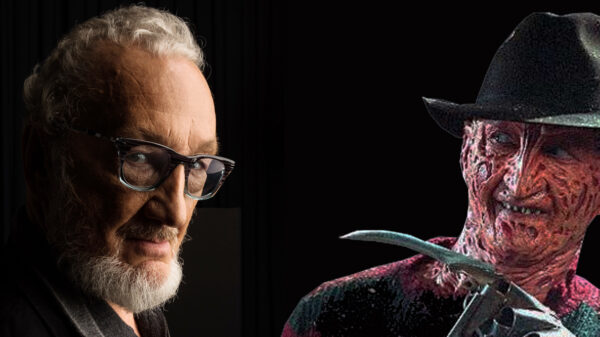
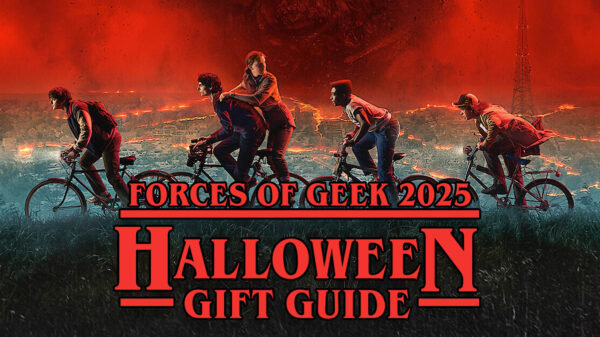
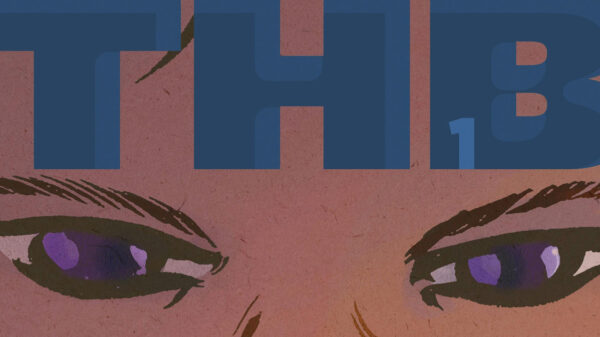

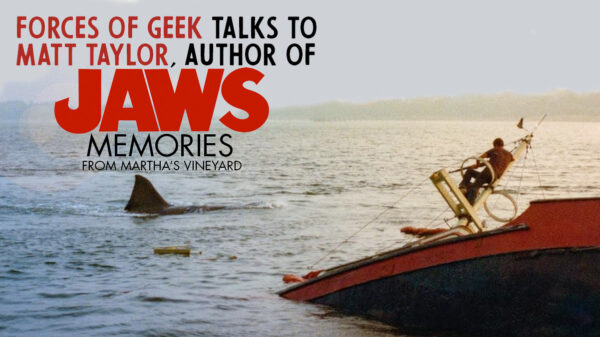
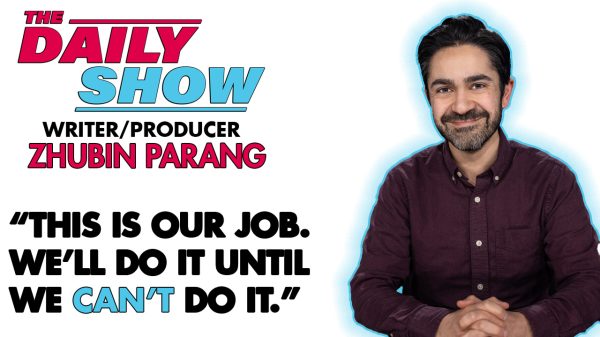
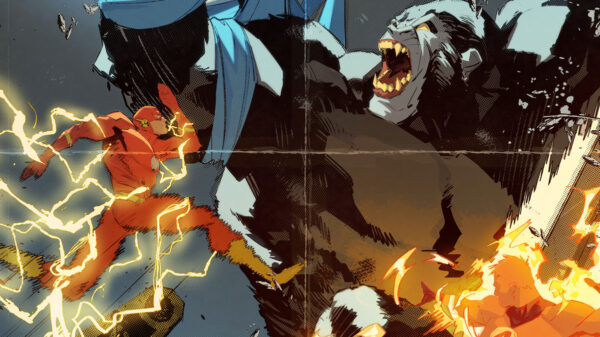
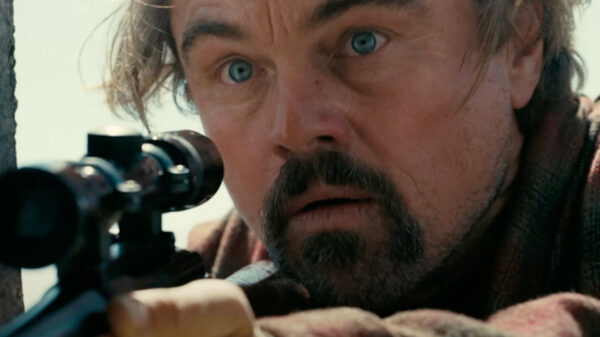
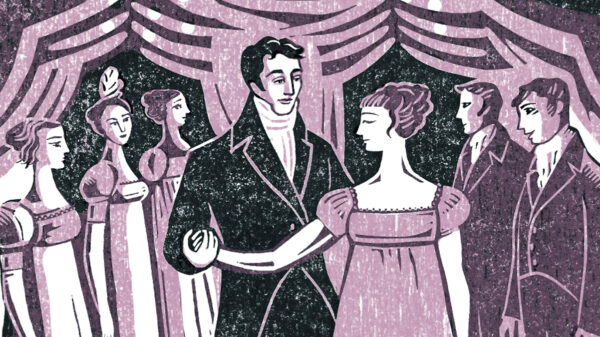
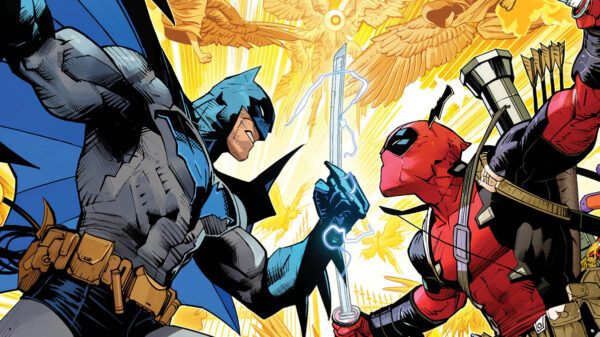
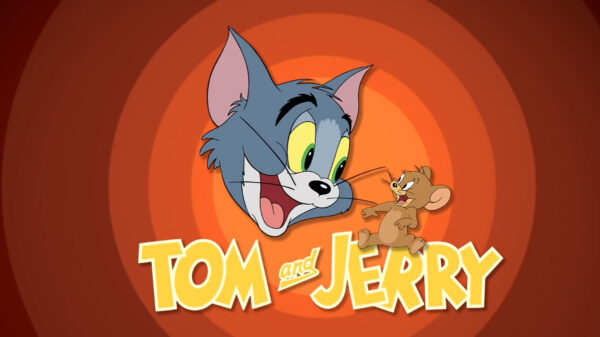



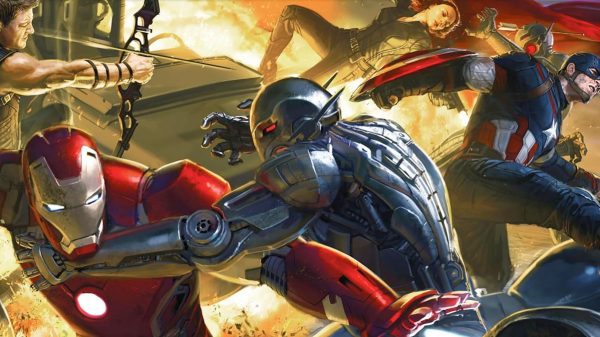

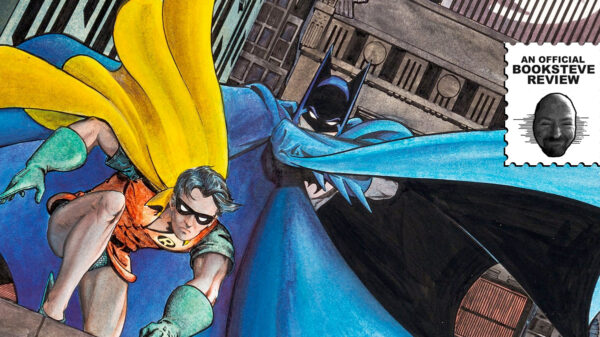
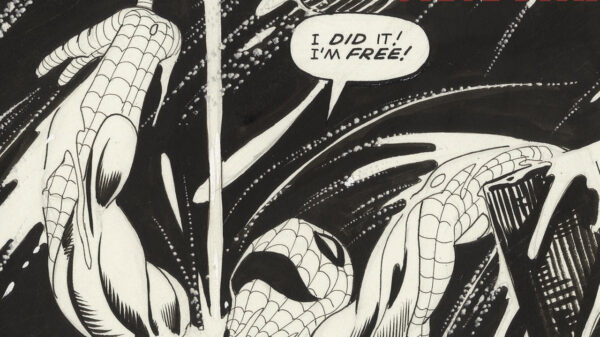
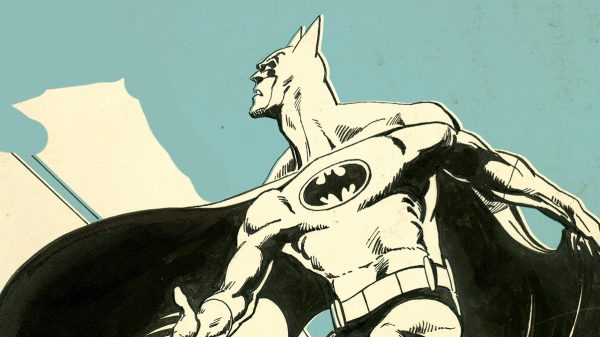

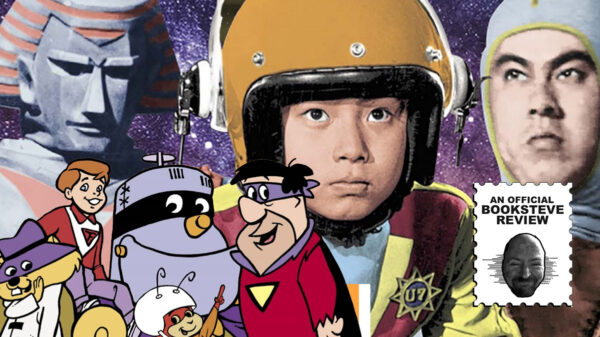
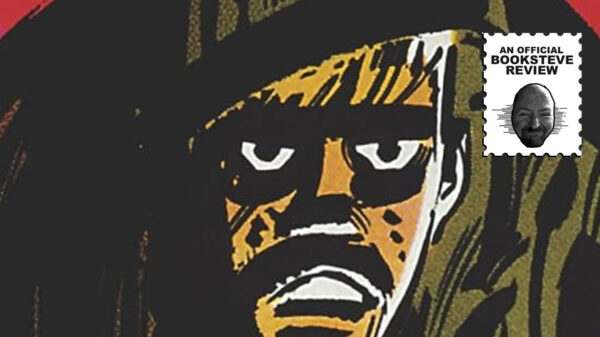
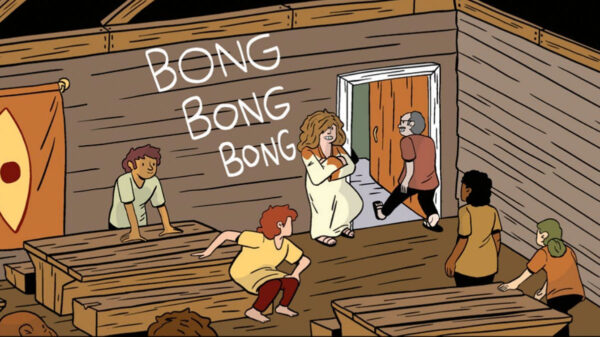
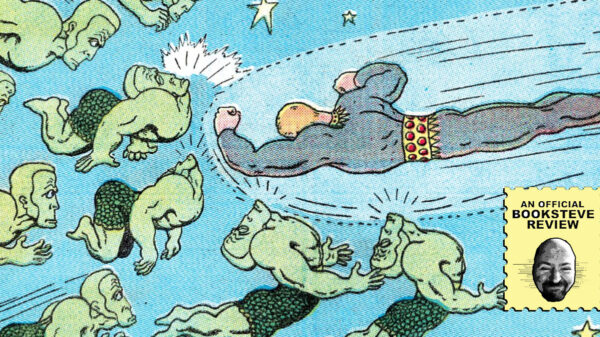
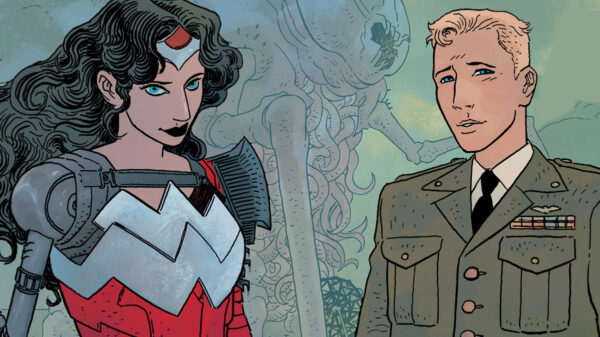




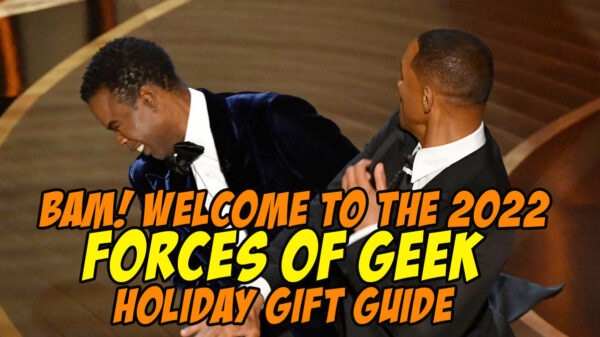




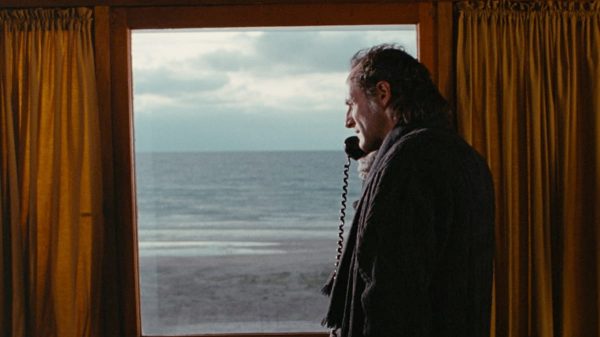
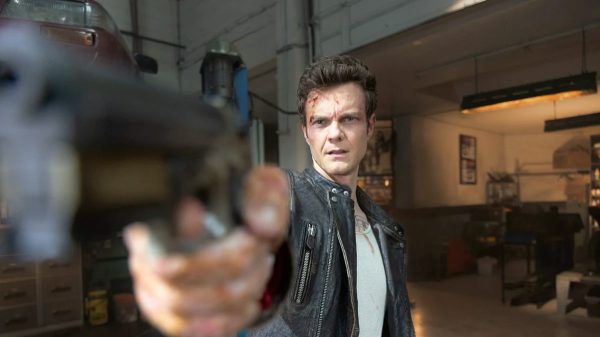
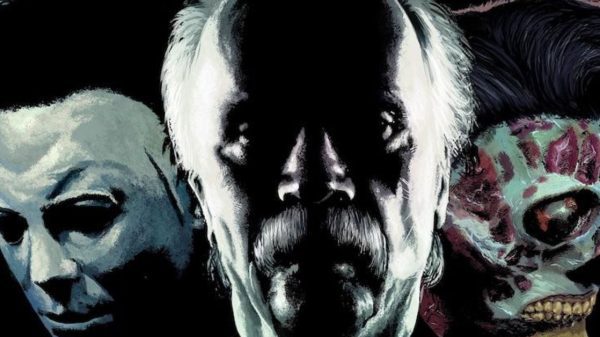
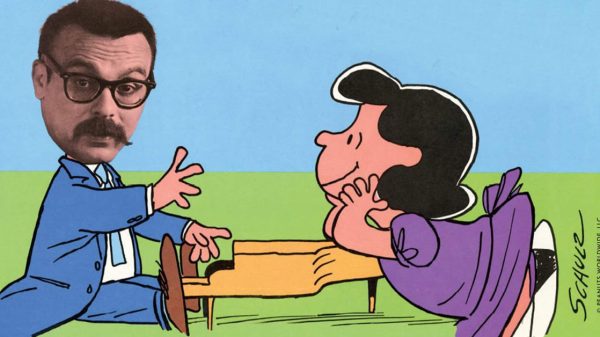
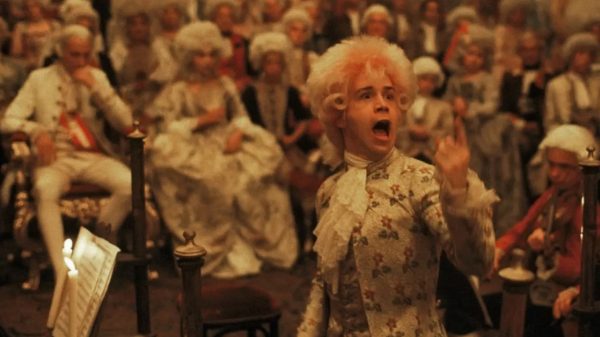











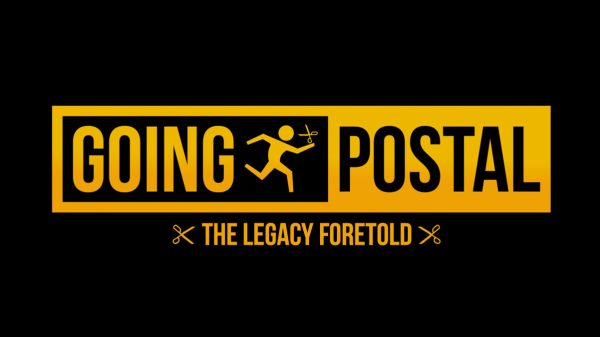
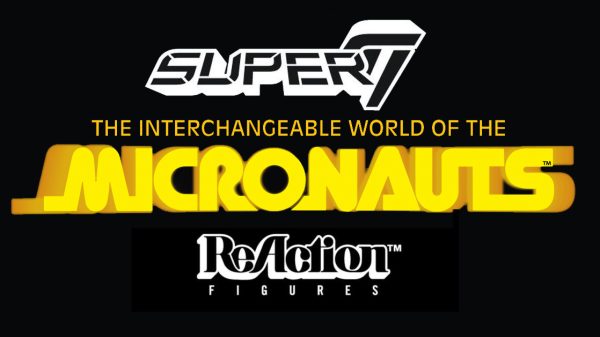
















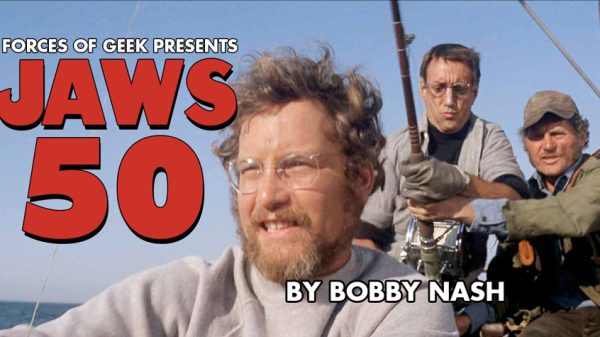









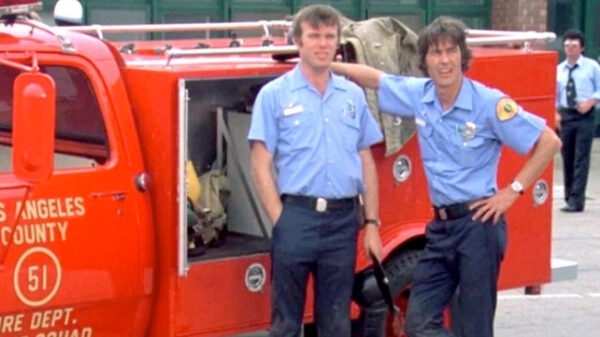
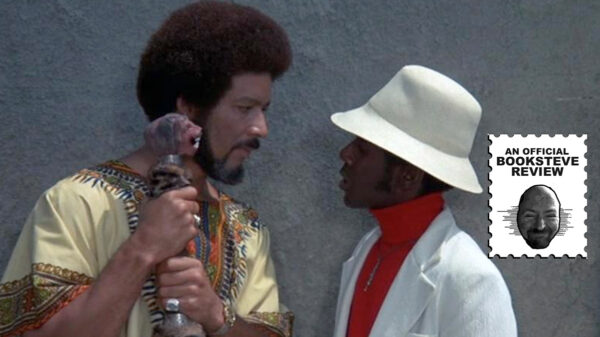
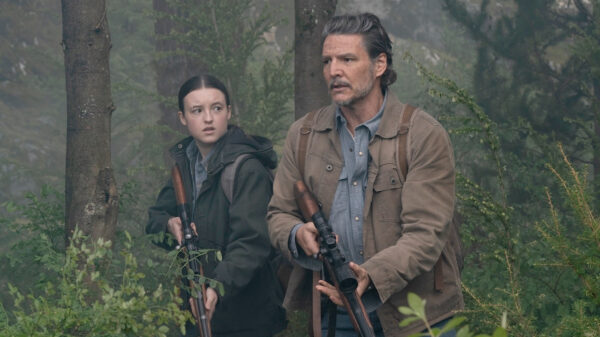




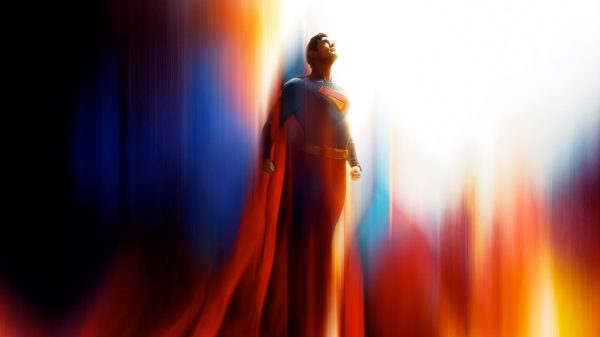
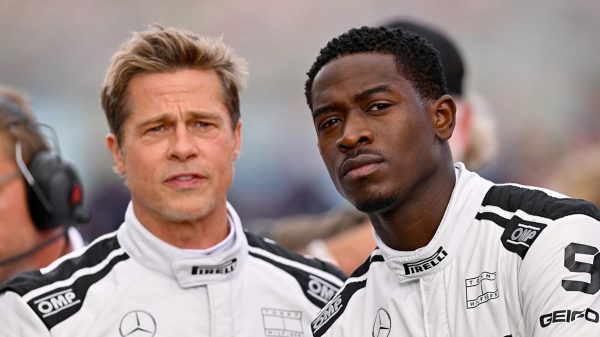
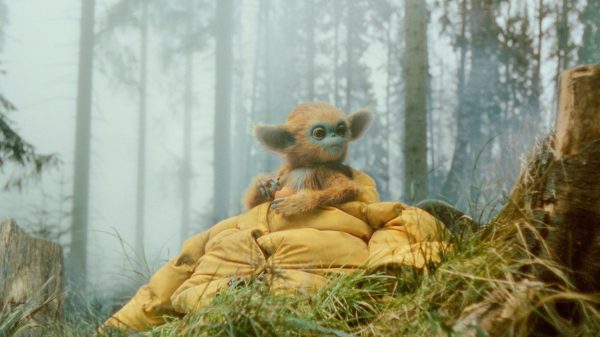



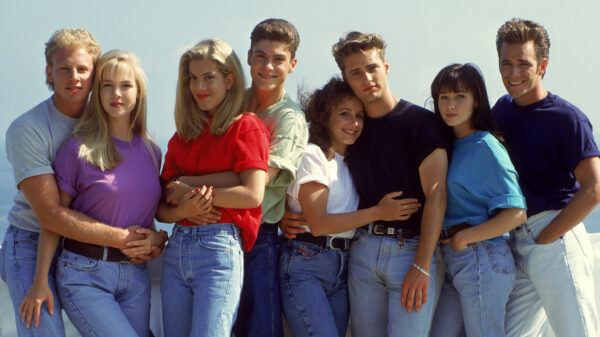
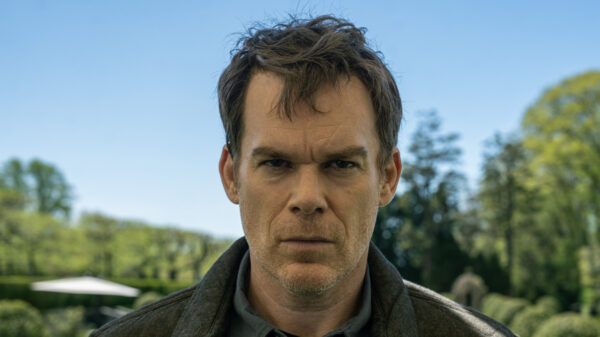
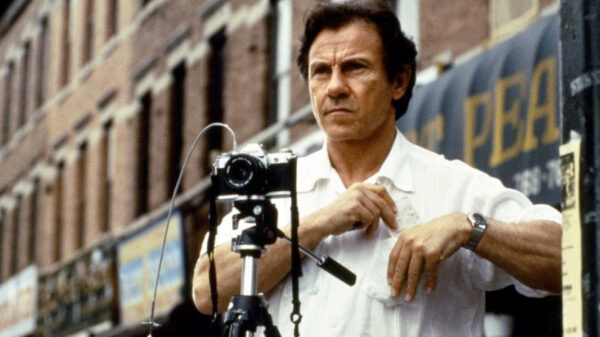
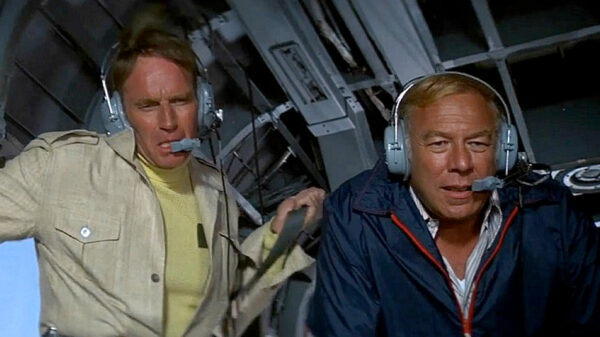


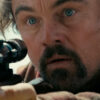

You must be logged in to post a comment Login